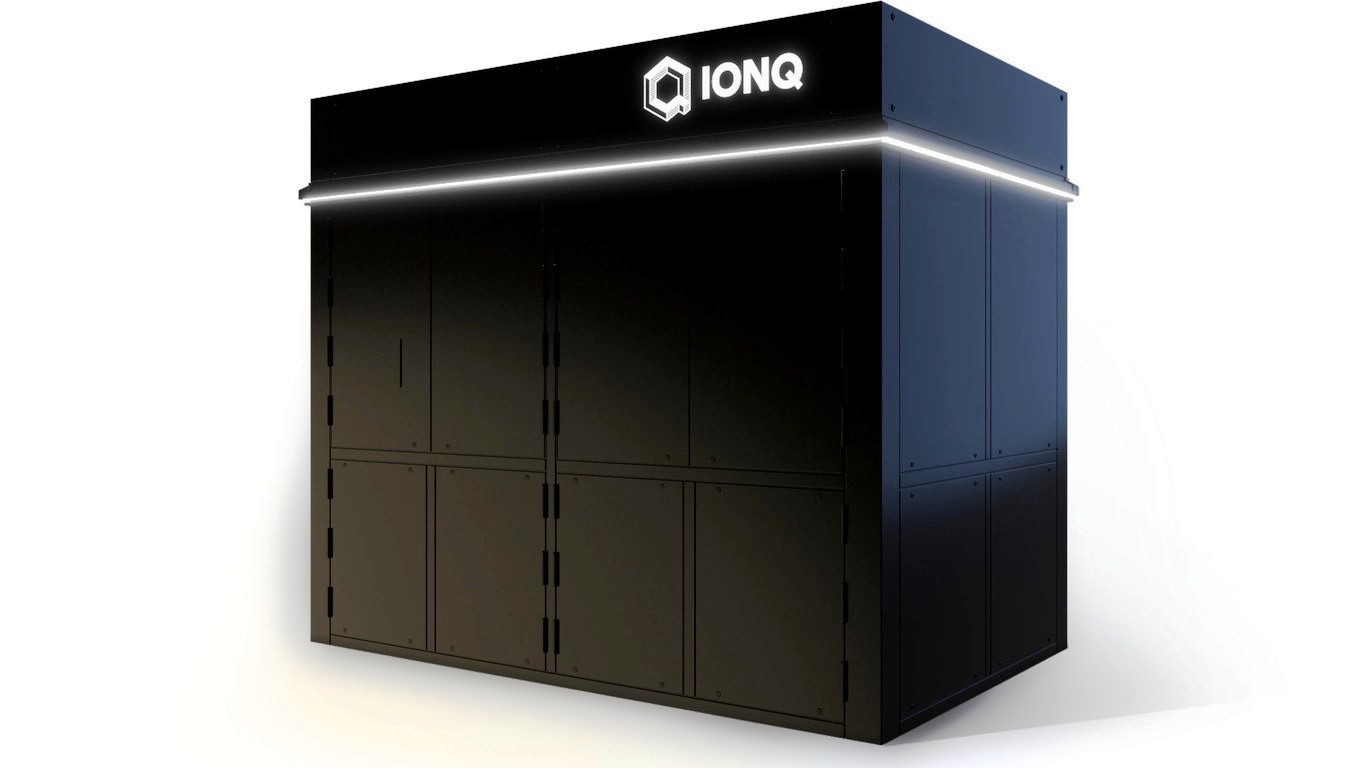
Through its most recent acquisition, Intel Corp. (NASDAQ: INTC) is continuing its strategy of investing in data-intensive market opportunities that build into the firm’s strengths in computing, connectivity and the cloud. The company recently announced that it aims to acquire Israeli tech firm Mobileye N.V. (NYSE: MBLY). Although many see this in a positive light and as a natural expansion for Intel going forward, one key analyst slashed its price target on Intel and downgraded the stock.
Credit Suisse downgraded Intel to a Neutral rating from Outperform and lowered its price target to $35 from $45. Although the firm did maintain its calendar 2017 and 2018 earnings per share (EPS) estimates of $2.80 and $2.95, respectively. The consensus estimates call for EPS of $2.80 in 2017 and $2.93 in 2018.
The brokerage firm ultimately likes the strategic rationale behind the Mobileye acquisition. While expensive, Intel is buying a market leader with above corporate average margins and a potential long-term total addressable market that is multiples of the purchase price.
However, Credit Suisse is struggling with an investment horizon inside of Intel that is not compatible with most of its clients, and the Mobileye transaction serves to highlight the difference. While the brokerage firm applauds management for using a stable core franchise in Client Computing Group and Data Center Group to invest in future growth, the lack of emphasis on near-term operating margin creates a growing “opportunity cost” for investors.
The firm made sure to say that this recent spending spree is not a sign of management “running scared.” Credit Suisse believes that Intel will be able to use its utility/stability of PCs, among other things, to provide durable cash flows to make larger riskier investments with longer payback.
In the report, Credit Suisse’s John Pitzer detailed:
While it is still too early to pick the winners in HAV and FAV (Highly Autonomous and Fully Autonomous Vehicles), the depth and breadth of resources and IP an Intel/Mobileye combination represents surely places them in the pole position. In addition, while Mobileye has a decidedly vision-centric view of HAV/FAV, Intel’s complete system will also leverage other sensing technologies like RADAR and LIDAR and be able to provide from entry level to high end and from end device to cloud solutions. More importantly, while the endpoint might be out 10 plus years, HAV/FAV is likely to be a sizeable total addressable market.
Shares of Intel were trading down 0.7% at $34.94 on Wednesday, with a consensus analyst price target of $40.34 and a 52-week trading range of $29.50 to $38.45.
Thank you for reading! Have some feedback for us?
Contact the 24/7 Wall St. editorial team.





